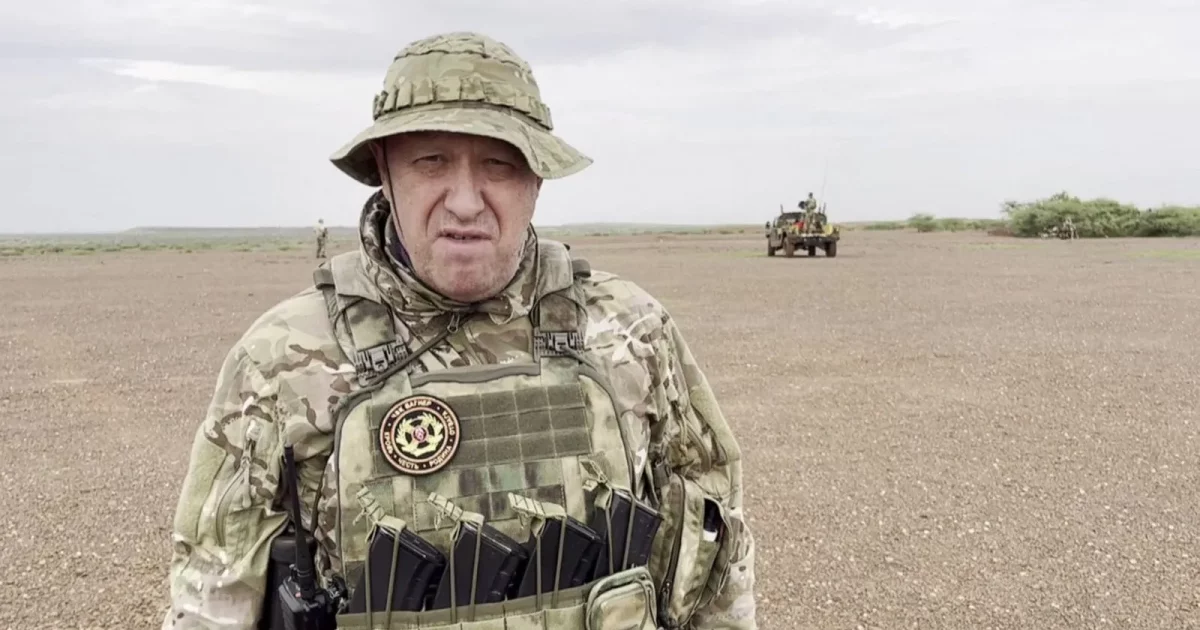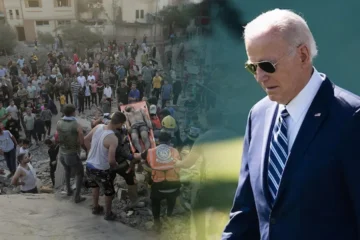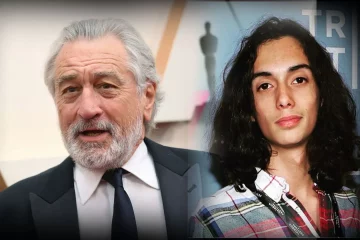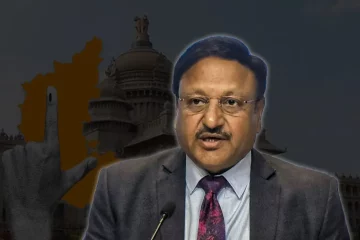
In a recent revelation that has sent shockwaves through Russia and beyond, investigators have officially confirmed that Yevgeny Prigozhin, the enigmatic chief of the notorious Wagner mercenary group, was among the ten individuals tragically killed in a plane crash just last week.
The private jet, which met its fate in the Tver region northwest of Moscow, carried a roster that included both Yevgeny Prigozhin and Dmitry Utkin, his trusted right-hand man and co-founder of the Wagner group. These two figures were at the heart of a clandestine empire, their fates intertwined in the world of intrigue and power.
The Russian Investigative Committee, in a statement delivered via the Telegram messaging app, disclosed that meticulous molecular-genetic examinations have now definitively confirmed the identities of all ten casualties, in alignment with the flight manifest. The confirmation extinguishes any lingering doubts, especially those propagated by certain pro-Wagner Telegram channels, regarding Yevgeny Prigozhin’s presence aboard the ill-fated aircraft.
However, as the news of Yevgeny Prigozhin’s demise settles in, questions continue to swirl. The cause of the private jet’s catastrophic plunge remains a perplexing enigma, with authorities yet to shed light on this harrowing mystery.
The fatal crash occurred precisely two months after Yevgeny Prigozhin and his Wagner mercenaries embarked on a daring mutiny, seizing control of the southern city of Rostov and advancing menacingly towards Moscow before ultimately reversing their course a mere 200 kilometers from the capital.
In a poignant display of tribute, Muscovites gathered to honor Yevgeny Prigozhin and Dmitry Utkin, assembling a makeshift shrine adorned with Russian flags and photographs not far from the Kremlin. Dmitry Karpov, a man dressed in military attire, paid his respects: “I have grown accustomed to losing comrades in arms. Prigozhin demonstrated through his actions the blueprint for wartime excellence. Such individuals etch their names into the annals of history.”
Alexander Dykhov, another visitor to the shrine, alluded to President Vladimir Putin’s past criticisms of Prigozhin’s actions. “Talk of mistakes, differing viewpoints, I believe all of this will fade away. In people’s memories, they will be remembered as heroes. Prigozhin and Dmitry Utkin are true heroes.”
Putin had initially denounced the June 23-24 mutiny as a treacherous “stab in the back,” but in a surprising turn of events, he later met Prigozhin in the Kremlin and offered condolences to the families of those lost in the crash.
Nonetheless, speculation has rippled through Western political circles and commentary, suggesting – albeit without concrete evidence – that Putin may have ordered Prigozhin’s elimination as retribution for the mutiny, an act that marked the most significant challenge to Putin’s rule since ascending to power in 1999.
Kremlin spokesman Dmitry Peskov swiftly dismissed such claims on Friday, branding them as “baseless fabrications.” When asked whether Putin might attend Prigozhin’s funeral, Peskov cited the president’s “demanding schedule,” leaving the matter unresolved for now.
The Wagner fighters had played a pivotal role in the protracted conflict in eastern Ukraine, particularly during the relentless siege of the city of Bakhmut. Despite Prigozhin’s colorful and often profanity-laced criticisms of Russia’s military high command, which culminated in the ill-fated mutiny, they have since exited Ukraine, with some relocating to neighboring Belarus under the terms of a negotiated settlement.
What remains uncertain is the destiny of these battle-hardened men, once fervently loyal to their charismatic leader. Some may find their place within Russia’s armed forces, while others, undoubtedly, will grapple with the abrupt dissolution of their once indomitable group.
In a complex homage, Putin described Prigozhin as both a “talented businessman” and a deeply flawed character who had “committed significant errors in life.” It is a portrayal that encapsulates the enigmatic figure of Yevgeny Prigozhin, now irrevocably woven into the tapestry of Russian history.



